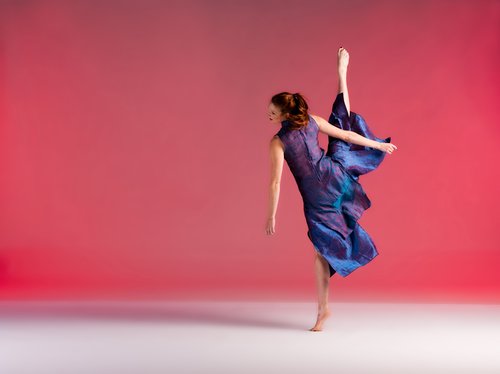Unfortunately, my efforts to communicate on this trip were less successful. Each day, our group and our Chinese hosts ate our meals together in the campus hotel dinning room, where we were staying. The meals were generally the same each day. Mysteriously non-western, with mostly unrecognizable ingredients. Most of the company were open to trying these new dishes, but one became upset and irritable at the lack of familiar food. Food is a big part of our identity.
My weakness is coffee. Luckily, I had brought with me some packets of instant Starbucks coffee. We could drink only bottled water and we boiled it with an electric heating plate provided for us in our rooms. So all I needed was a coffee cup. I captured one from the dinning room and brought it down the hallway to my room. Not usually being an early riser, coffee acted as a much needed stimulant. Pouring the coffee powder into boiling water, and stirring until dissolved I drank the dark hot liquid. It bore little resemblance to the morning coffee I drank at home, but it would have to suffice. Barely awake I walked down the hall to the dinning room to join the group.
That day in the studio we observed a ballet class. Like all ballet classes the teacher and dancers followed a strict sequence of movements, first at the ballet barre, then in the center, and finally moving across the floor.
As I watched, I realized these dancers and their teacher valued flexibility and a flashy ending to each step. Having the flexibility to create a 180 degree leg extension is what is desired and expected for a professional dancer in China. Picture a dancer with their leg extended so high their foot is practically at their ear. That’s about 180 degrees. For me the measure of a dancer’s artistry is not only by the height of the leg, but also the grace displayed in the process of getting the leg to that height with elegant form and strength. Take away the grace and comedy ensues.
That night as we gathered for dinner, our tour manager came to me and said, “They say there is a cup missing from the dinning room.” His voice was direct and urgent; an answer was needed. “Okay,” I said. Tired from the day’s work, the heat, and a bad back, I replied, “Then please take care of it.” I had no idea where a missing cup might be, and locating missing cups is a job for tour managers, not me.
I decided to skip dinner and just go to bed. My husband who had been documenting the trip walked ahead of me to our room. He opened the door, and there it was. The white six ounce coffee cup I had been using for my morning hit of caffeine. “Oh honey”, I said,” I think this is the cup they are talking about. Would you mind bringing back to the dining hall in the morning.” Anxious about our residency at the university, with a list of things still needing to be done repeating itself in my head, I finally fell asleep.
The next morning my husband grabbed the white coffee cup off the dresser on his way to breakfast, he for one loved the food. I was still asleep. He walked into the dining room and signaled to the kitchen staff that he had the infamous missing cup. They broke out in smiles and bowed as my husband handed the cup to one of the staff.
Thinking this had resolved the matter, he joined others in our group for breakfast. After a few moments, as he ate his meal, he noticed one of the dinning room waitresses politely waiting near his chair. He turned to acknowledge her, and she held up a small tin spoon and smiled. “Oh yes, we used one of those to stir the coffee,” he realized. He got up from the table and ran down the hall to retrieve the spoon from our room. As he entered the dinning room he signaled again to the kitchen staff. A smiling waitress approached, and he presented the missing spoon. Again, she smiled and bowed and went back into the kitchen holding up the missing spoon. General applause and cheering could be heard from the kitchen.
My friend and fellow professor Peter Chang arrived from Chicago a few days later, and I asked him, “Why didn’t anyone just ask me for the cup if they knew it was in my room?” “That would have been rude,” he said. “As the leader of the group you must be honored. To point out your mistake in taking the cup would have caused you to loose face.”
He then complimented me and said it was good that I was able to resolve the problem. “In their eyes, that proved your ability as a leader.“

